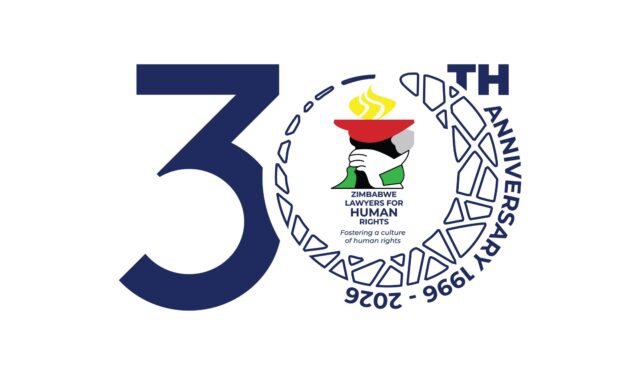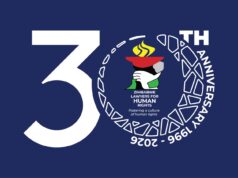On this International Day to End Impunity for Crimes Against Journalists, Zimbabwe Lawyers for Human Rights (ZLHR) joins the global community in reaffirming the call for justice and accountability for crimes committed against journalists. In marking this day, ZLHR urges all states to adopt concrete measures to end impunity and to recognise the profound consequences of failing to hold perpetrators accountable for attacks on media professionals.
In Zimbabwe, this day provides an important opportunity to reaffirm the critical role journalists play in promoting freedom of expression, transparency, and accountability and to highlight the serious threats they continue to face for merely carrying out their professional duties. Journalists across the country continue to endure media censorship, arbitrary arrests, baseless prosecutions, torture, harassment, and digital intimidation. These attacks have created a pervasive climate of fear, produced a chilling effect on free expression, and undermined citizens’ right to access information in Zimbabwe.
In their recent concluding observations and recommendations on Zimbabwe, both the African Commission on Human and Peoples’ Rights (ACHPR) and the United Nations Human Rights Committee (UNHRC) have recently expressed deep concern over continued attacks on journalists and restrictions on media freedom in Zimbabwe. They have called on the GoZ to align its domestic legal framework with regional and international standards. In the past year, reliance on sedition laws, and more specifically repressive provisions of the Criminal Law (Codification and Reform) Act, has undermined constitutional guarantees and obligations on freedom of expression, which includes the rights to seek, receive, and impart information and ideas without interference.
It is imperative to note that impunity for crimes against journalists not only endangers individual lives but also erodes democratic space, fuels self-censorship, and weakens the rule of law. In some cases, these crimes have resulted in the loss of life, especially for journalists working in conflict or politically sensitive contexts.
Regrettably, this persists despite explicit provisions of international humanitarian law that affirm that journalists are civilians and must always be protected.
On this International Day, ZLHR therefore stands in solidarity with journalists in Zimbabwe and across the world. We condemn all forms of violence, harassment, and intimidation against the media, and call for immediate and effective action to ensure that journalists can work freely, safely, and without fear of reprisal.
For ZLHR, ending impunity for crimes against journalists is not only a matter of justice, but also essential to safeguarding democracy, accountability, and the public’s right to know.
ZLHR therefore urges the GoZ to:
- Fully implement the United Nations Plan of Action on the Safety of Journalists, ensuring a free and safe environment for all media practitioners.
- Act on the UNHRC’s recommendations by promptly and impartially investigating all attacks and detentions of journalists, prosecuting perpetrators, and providing victims with adequate reparations.
- Repeal all repressive provisions and sedition laws, including the Maintenance of Peace and Order Act and Criminal Law (Codification and Reform) Act, that criminalise legitimate journalistic work.
- Abide by the ACHPR recommendations to decriminalise defamation, strengthen protection for journalists (including online), and ensure all restrictions on expression, such as those under the Patriotic Act, comply with international standards of necessity and proportionality.
- Strengthen respect for freedom of expression, including on the Internet and more especially in the context of elections.
//ENDS//
Zimbabwe Lawyers for Human Rights
Kodzero/Amalungelo House
No. 103 Sam Nujoma Street, Harare, Zimbabwe
Phone: (+263 8677005347, +263 242 764085/705370/708118
Email: info@zlhr.org
Website: www.zlhr.org.zw
FOLLOW US:@ZLHRLAWYERS ON X| ZIMBABWE LAWYERS FOR HUMAN RIGHTS
ON FACEBOOK




